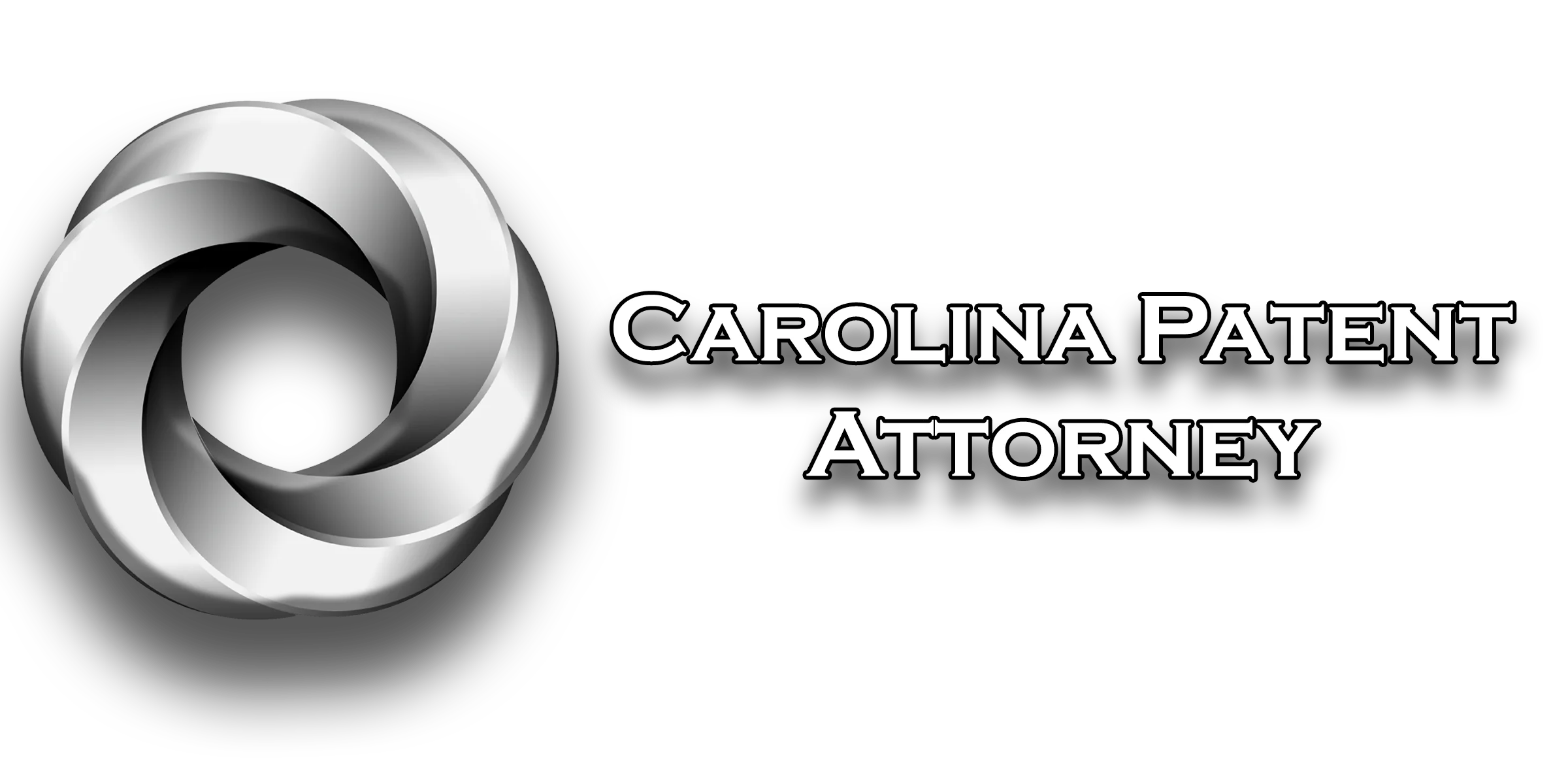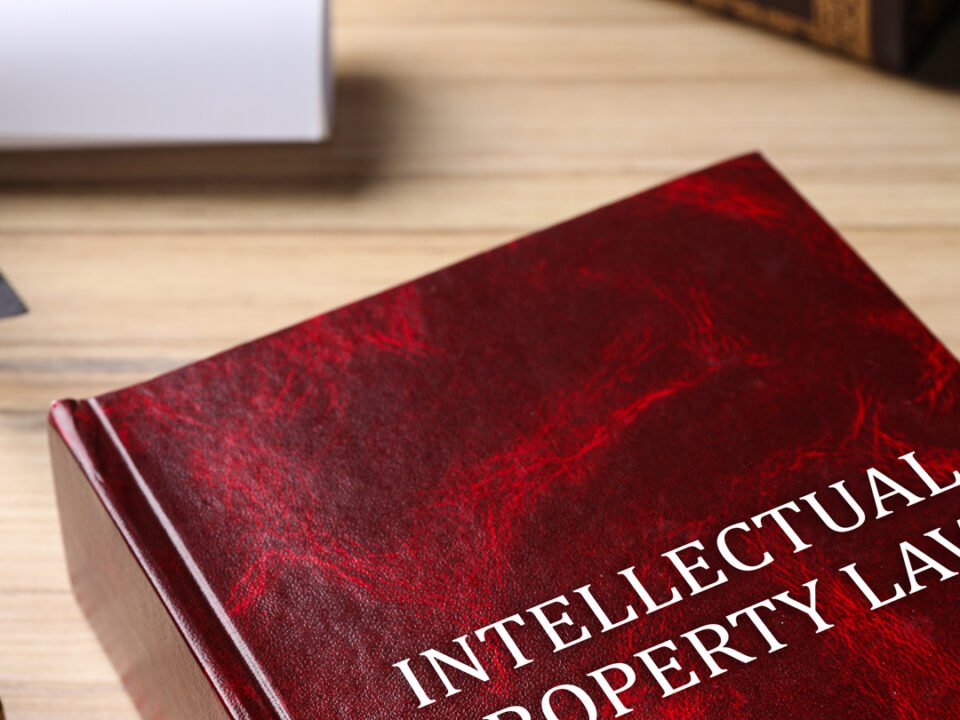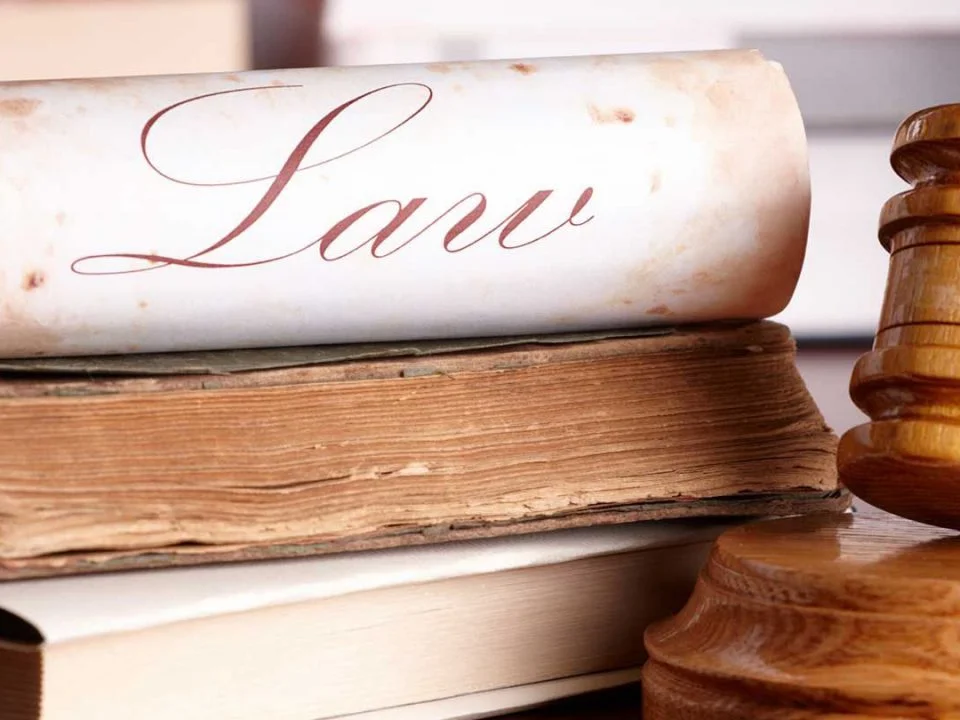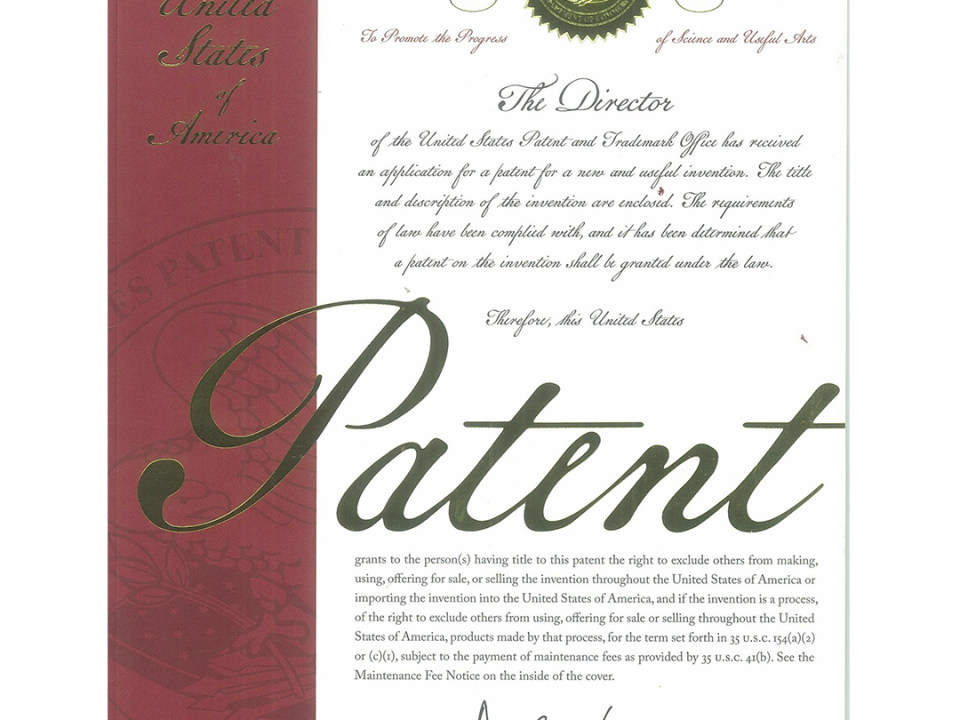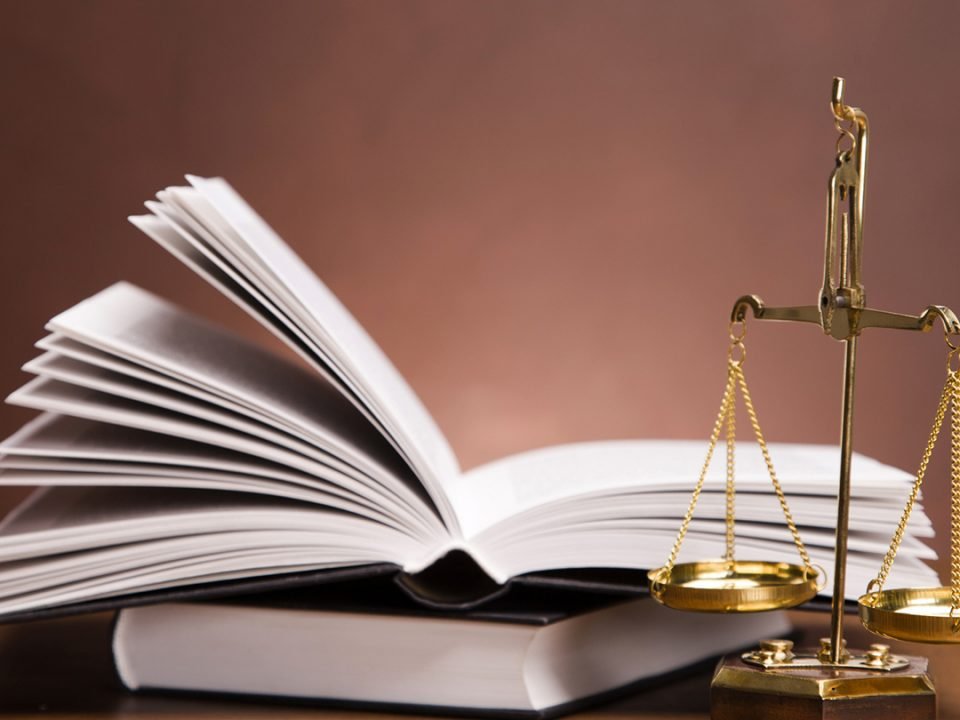Are US Patents Public or Private Rights?
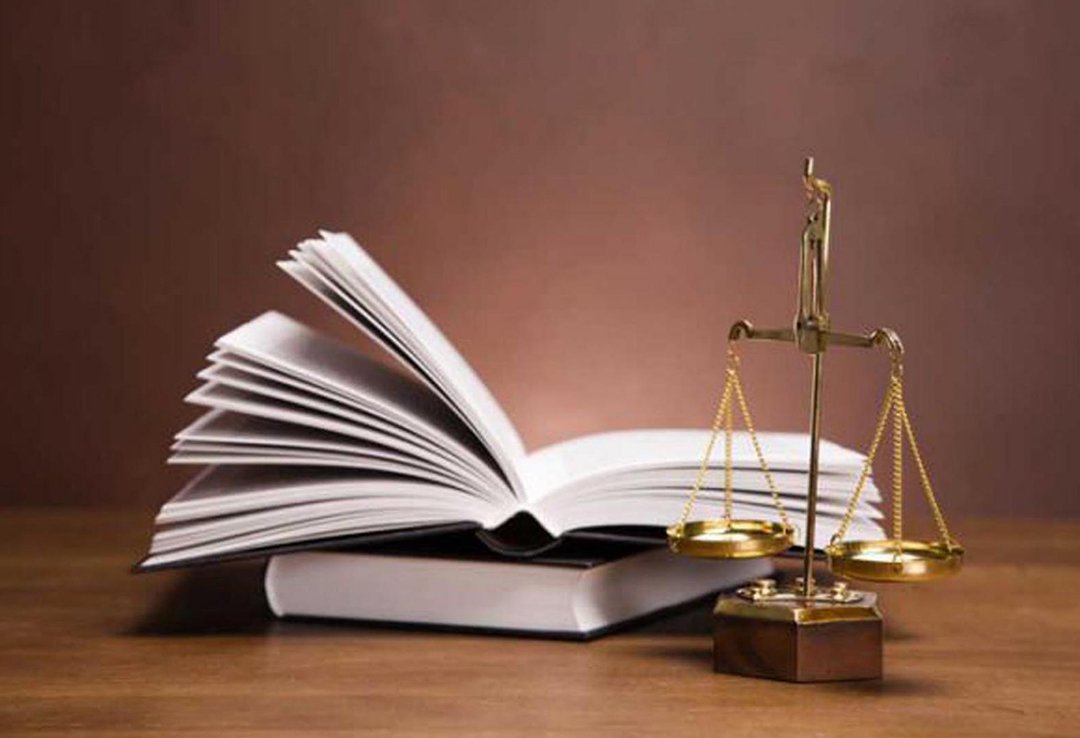
On June 12, 2017, the U.S. Supreme Court agreed to hear a challenge to the constitutionality of a portion of the Obama-era “America Invents Act” (AIA). The case is Oil States Energy Services LLC v. Greene’s Energy Group LLC, case number 16-712 (“Oil States“): http://bit.ly/2vam2IF. Oil States will have a significant impact on patent rights one way or another.
What is up for debate:
Oil States poses this crucial question: are patents private property rights that can only be revoked by a federal court under Article III of the U.S. Constitution, or are patents public rights that can be taken away by an Article I government agency; i.e., the Patent Trial and Appeal Board (PTAB) under the AIA scheme?
For the past few years Inter Partes Review (IPR), Post Grant Reviews (PGR), and Covered Business Method Reviews (CBM) have been increasingly used by accused patent infringers to challenge issued patents at the PTAB, rather than defending themselves in federal courts. Some statistics indicate that upwards of 80% of challenged patents have at least some claims invalidated by the PTAB under IPR alone.
The Cost of ‘Public Rights’:
“According to one estimate, inter partes review has, thus far, destroyed $546 billion of the United States economy by invalidating patents, and wiped out about $1 trillion in value by devaluing the companies holding those patents.” Oil States, PETITION FOR A WRIT OF CERTIORARI to the Supreme Court, page 33. As Oil States further notes in its Petition, hidden costs such as lost opportunities, lost jobs, et cetera may be even greater losses than the patents themselves.
Many critics of AIA would like to see the PTAB reined in, not only because it operates on the potentially flawed assumption that patents are “public” property rights, which is destructive, but because the bureaucracy does not afford a patent holder due process protections that it would be afforded in federal courts.
As Oil State argued on page 34 of its PETITION FOR A WRIT OF CERTIORARI, “Unless and until the [PTAB] provides patent holders a meaningful opportunity to amend claims challenged in review, and unless and until the Federal Circuit construes claims in a manner consistent with its prior jurisprudence, innovation will continue to be stifled.”
Two Sides of One Coin:
So, if the Supreme Court decides this Fall that post grant proceedings via the PTAB violate the U.S. Constitution, it will be a victory for U.S. inventors and private property rights, which will likely spur innovation and economic growth. On the other hand, if intellectual property is redefined by the Supreme Court to be a mere license like a driver’s license that can be created and revoked by a government bureaucracy, more inventions may be expected to remain behind closed doors and never become public through the original patent bargain.

The court decision could be a victory for U.S. inventors and private property rights.

